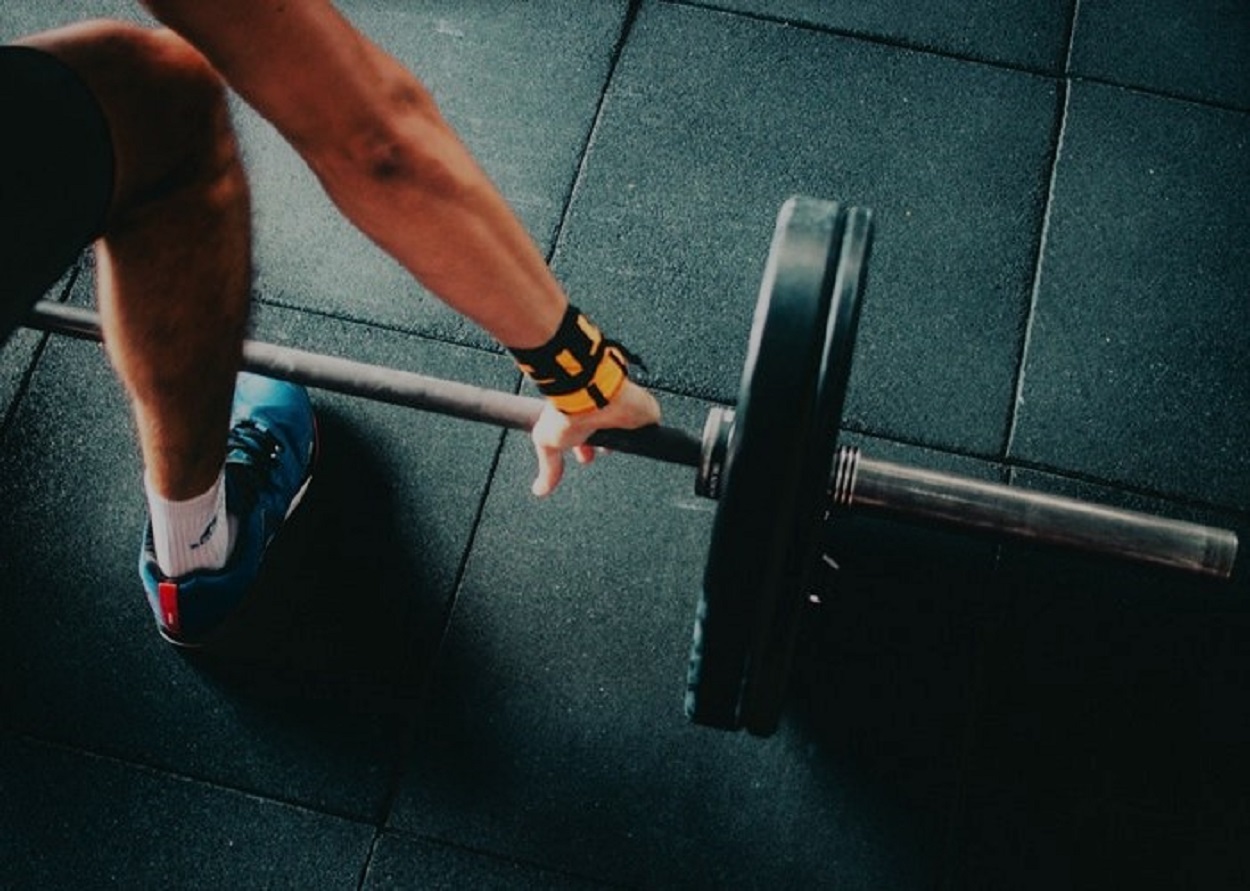An estimated 85% of Americans consume caffeine in some shape or form, and America isn’t even close to the world’s per capita leader in caffeine consumption. It probably played a massive role in the rising levels of productivity leading up to the industrial age. It’s a genuine way to boost your IQ (by making you more alert and attentive). And it’s a great memory-booster. Caffeine intake correlates positively with longevity (at least partially because of the other great stuff coffee has got to offer). And it’s a cheap performance enhancer. What’s not to love?
The problem is that caffeine has a dark side for lifters who don’t know how to wield it properly. When used as it should be, caffeine is great because it leads to a marked improvement in strength and performance. It reduces your RPE (i.e. lifts feel easier than they should), it helps you warm up faster, and it leads to the kind of positive arousal that adds weight to your 1RM. It has a cumulative effect because in the long-term, lifting a little extra weight each time you go to work out will make you stronger than if you hadn’t lifted that weight.
However, caffeine can be used excessively. It can make your sleep suffer. It can impact your recovery negatively. It can make you think you’ve recovered from a training session by acting as a painkiller for muscle soreness without actually having let you fully recover. And it can make you think that you’re stronger than you actually are.
Thankfully, nearly all these issues can be addressed with smarter caffeine usage. I’m here to talk about how you can use caffeine to positively impact your performance in the short-term and the long-term without wasting its effects.
Learn to Time Your Caffeine
Caffeine has a half-life of approximately five to six hours in most healthy adults with a normal functioning liver. Chemically-speaking, this means that the human body generally finishes metabolizing half of the caffeine you ingest after five to six hours. The number changes based on the total amount of caffeine you’ve ingested, your age, your sex, your weight, and so on.
As such, 5-6 hours wouldn’t necessarily be very accurate for you. Studies have shown individuals experience a half-life of half an hour. Some people will drink a cup in the morning and have trouble sleeping. Others can have coffee before dinner and get a full night’s rest.
It depends on your experiences with the stuff. I can’t tell you how well you tolerate caffeine, or at what point your caffeine intake will impact your recovery negatively. I can tell you that, personally, caffeine intake before an evening workout typically lets me fall asleep around midnight, which works well for my sleeping cycle. But if I have more than a cup of coffee in the morning in addition to my evening pre-workout, I won’t have a great night’s rest.
This may be explained by genetics. Your caffeine sensitivity as well as how long the effects of caffeine linger in your system can be explained by how fast you metabolize it. Some people metabolize it much faster than others.
What About Caffeine Dose?
The dose is of importance as well. Studies show that caffeine is most effective at 3-6mg per kg of body weight. Any less, and you will still be alert and more awake (and thus benefit from the training effect of being more alert during training), but you won’t reap the physical benefits of extra strength and endurance. More than 6mg, however, has no appreciable impact on exercise capabilities. It can, on the other hand, increase the likelihood of negative effects (i.e. jitters and anxiety).
In short, take at least 3mg per kg of bodyweight of caffeine before a workout, ideally in the form of a pre-workout (coffee is fine, but it’s exceptionally difficult to accurately measure the caffeine content of a cup of coffee, even when you’re drinking from the same roasting company).
Finally, consider cycling your caffeine. The jury is out on whether that’s necessary – some studies show that caffeine’s benefits for strength and performance fade with recurring use, while others don’t – so we’ll have to rely on anecdotes and bro-science here. In all seriousness, since it’s still inconclusive, we might as well go with our gut and taper off caffeine once it starts to feel less effective. It’s also a good excuse to save money on pre-workouts.
How should you cycle caffeine? You need to experiment with the exact timing. I’ve tried going two weeks off every two months, without a drop in performance. Because there is no sufficient research on cycling caffeine for strength performance, I really have nothing for you here other than common sense – if tolerance is a concern, take time off of caffeine shortly before a performance drop (which first requires tracking performance to discover when drops tend to occur), and give yourself 2-4 weeks to sensitize (variability is also an issue here, so experiment with how much time it takes you to reach peak sensitivity).
Differentiate Between Avoiding Drowsiness and Enhancing Performance
Caffeine’s biggest problem isn’t its effects on the heart (which would largely be negligible, unless you’ve worked up to extreme doses and have pre-existing heart issues), or the danger of dehydration (which is low, given that caffeine is not a very powerful diuretic and you’re typically going to be drinking often during exercise and replenishing carbohydrates and electrolytes during or after a workout), but its effect on sleep and recovery.
There are no studies providing satisfying results to note how badly caffeine affects sleep, simply because individual variance here is so great. I’ve mentioned this before, but your caffeine sensitivity and your ability to metabolize caffeine (i.e. the compound’s staying power in your system) depends on a variety of factors.
Experimentation is critical. If you’re having trouble falling asleep because of your caffeine usage, and it’s bad enough that it’s seriously cutting into your sleep schedule or making you lose precious hours, move your workout into the morning or reconsider using caffeine at all. It’s not worth the lack of recovery, due to the compounding risk of injury caused by loss of awareness, as well as the drop in performance.
If you catch yourself waking up in the morning groggy and tired, and only feel awake after a cup of coffee, you may still be lacking sleep. You shouldn’t necessarily jolt out of bed like you’ve been shocked awake, but you should be alert and awake when you wake up after enough sleep.
Caffeine should not be used to fight off drowsiness when your primary use for the drug is as a performance enhancer in training. That defeats the point, because then you’re simply abusing it to mask the effects of sleeplessness. It’s ability to boost alertness will pale in comparison to the detrimental effects that sleep has on awareness and cognition, making your training gains via caffeine worthless.
In short: skip the coffee or pre-workout if you can’t sleep properly, and/or take a break if you’re using it to wake up.




